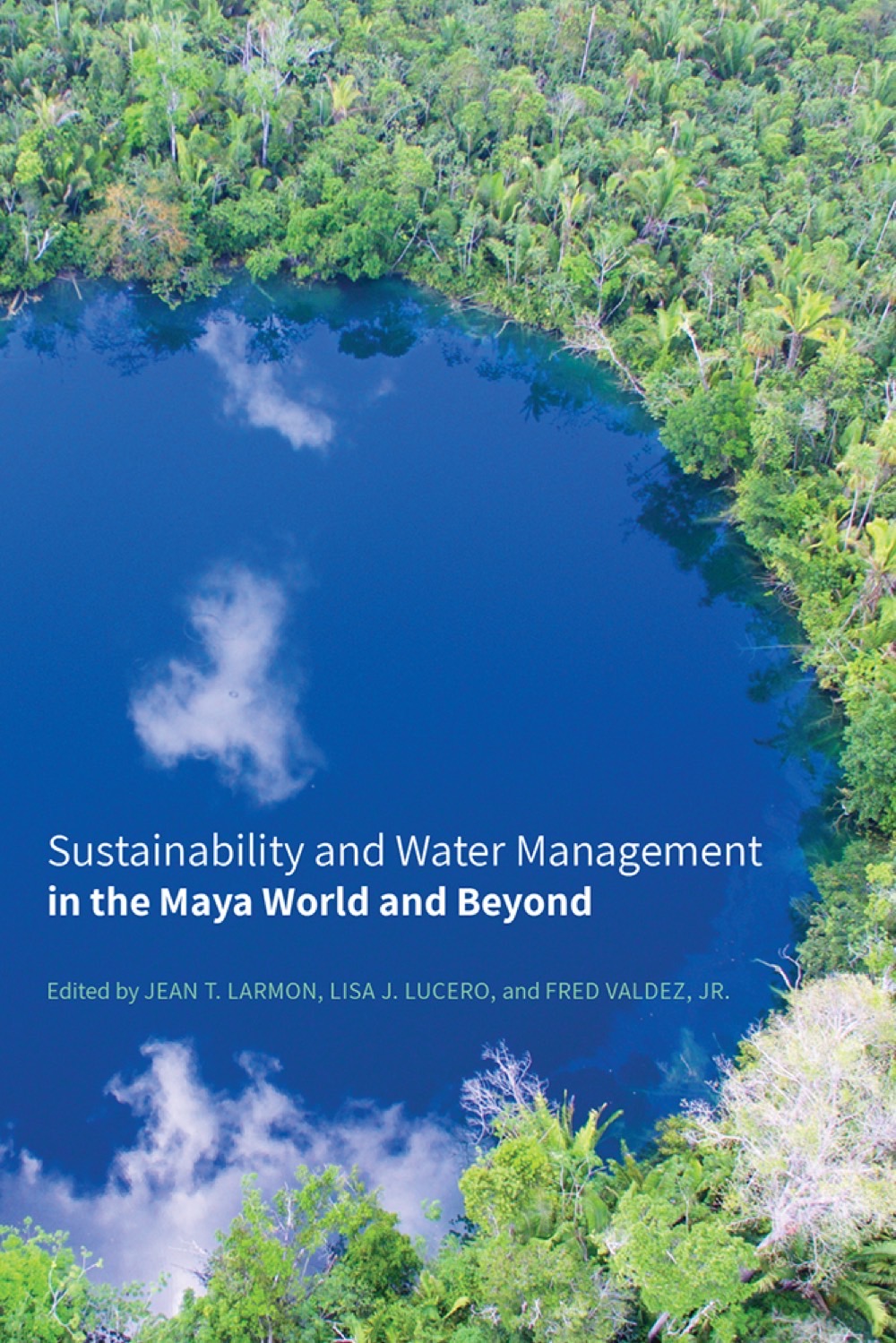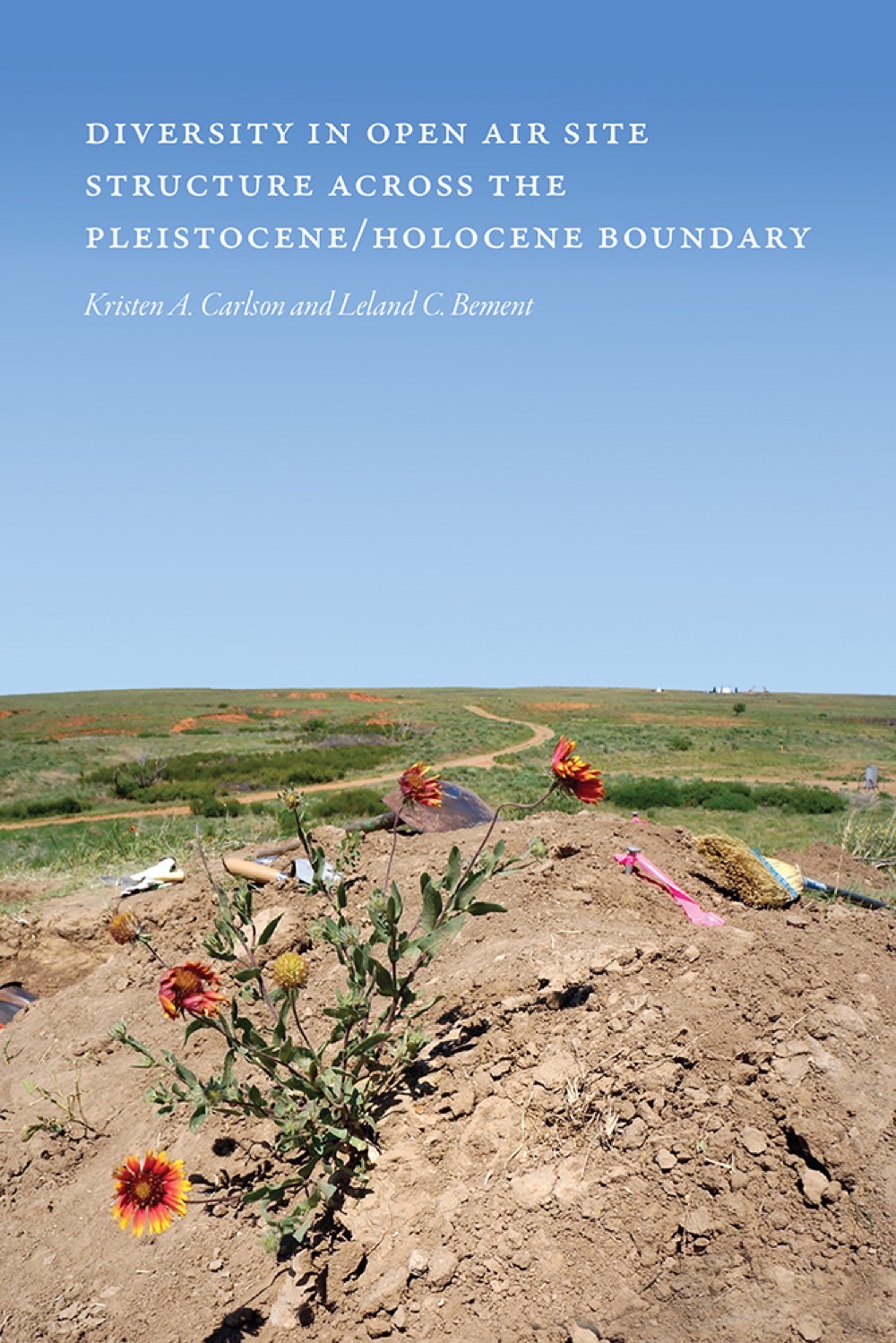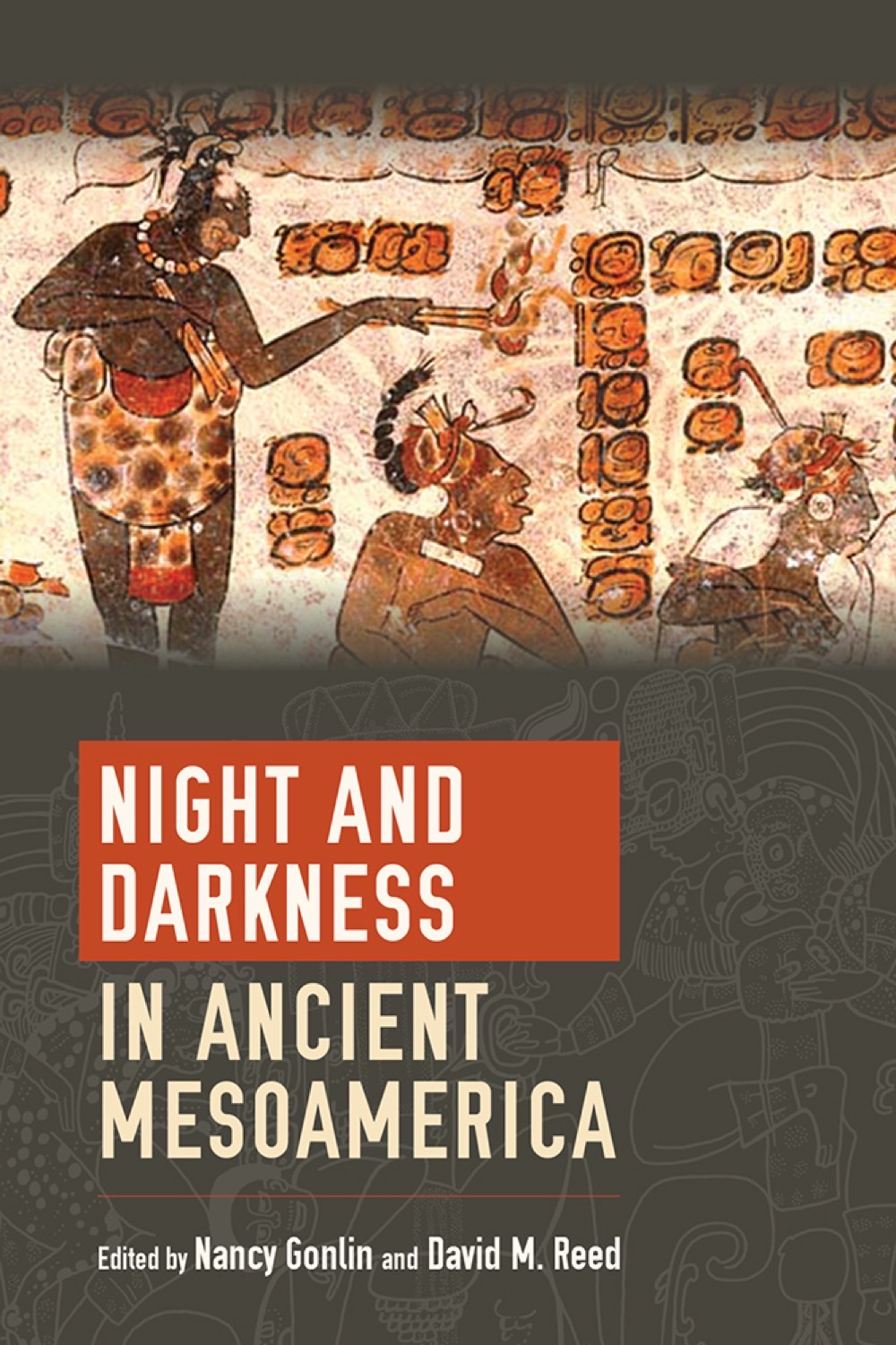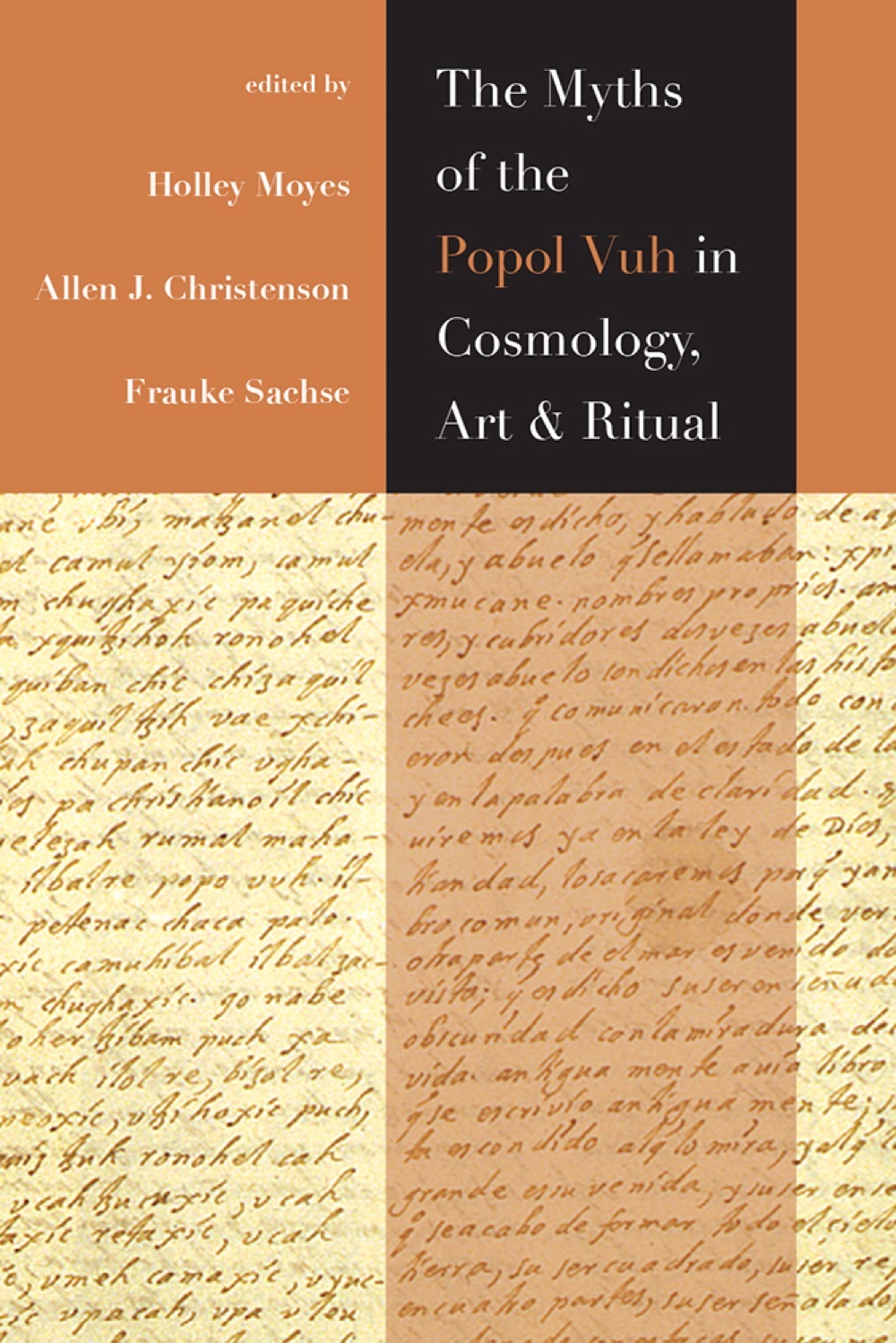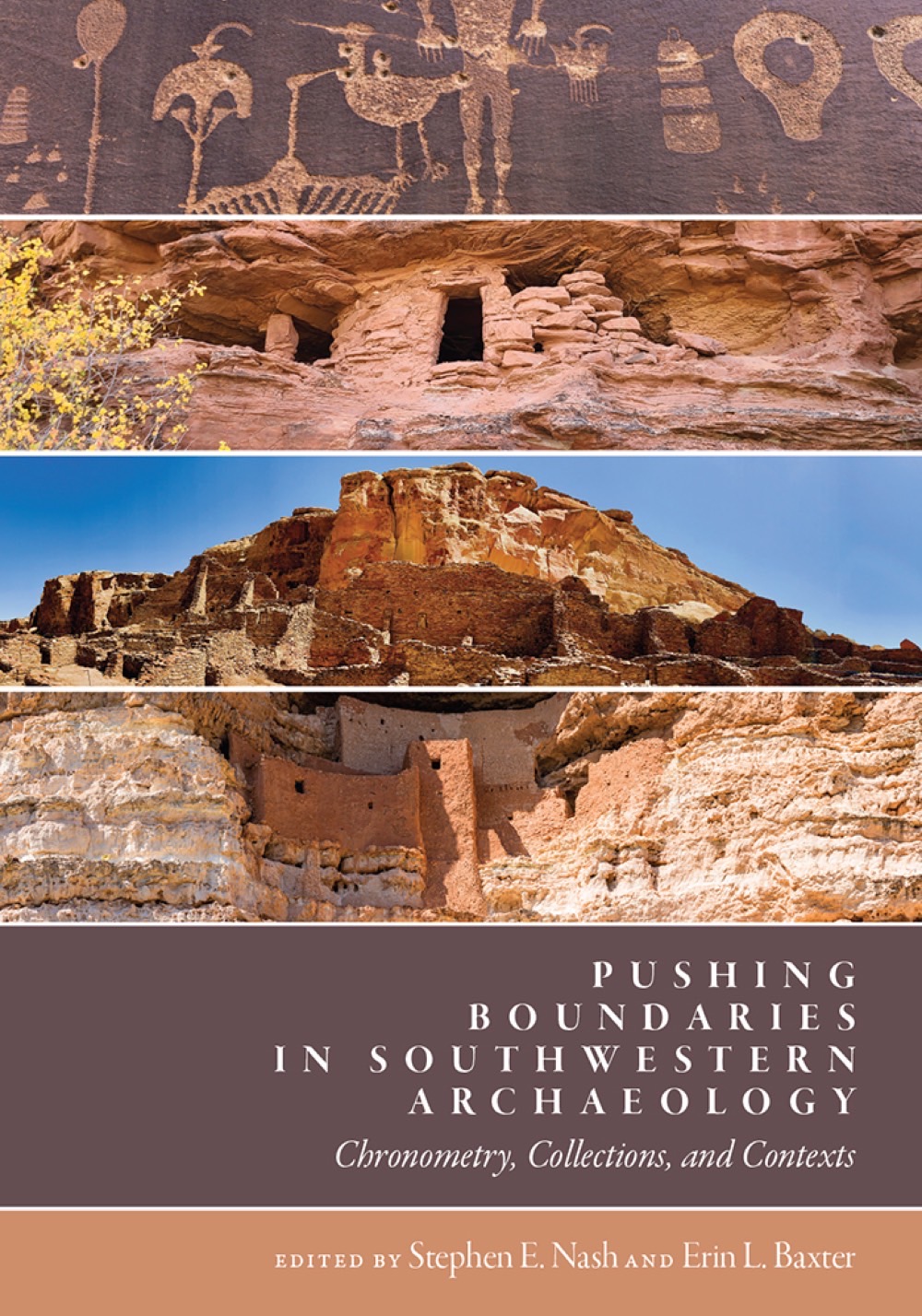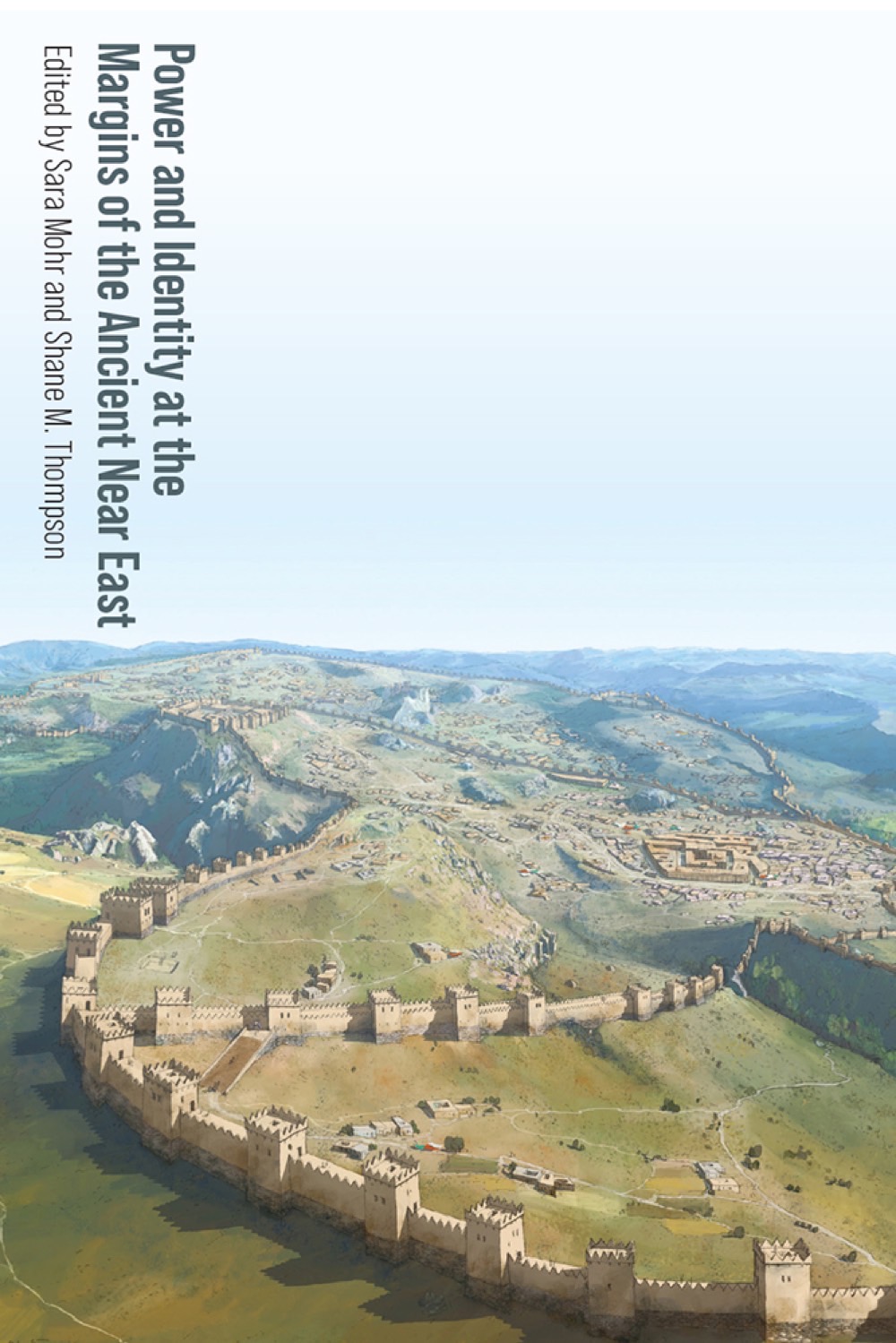“An engaging and thought-provoking volume that will appeal to many.”
—David M. Hyde, Western Colorado University
"In her deeply moving and award-winning book of poetry, Night Burial, Alabama native Kate Bolton Bonnici depicts a daughter’s loss of her mother to cancer and offers an intimate shared experience of the grieving journey.”
—Alabama Writers' Forum
“This compilation of the most up-to-date information about the variety of water management systems across the Maya area will surely be an important resource for Maya scholars, as well as broader scholars of sustainability and the impacts of climate change and water availability.”
—Julie Hoggarth, Baylor University
"Provides a valuable insight into water management and sustainable supply as well as explaining how water shapes societal structures."
—Antiquity
Sustainability and Water Management in the Maya World and Beyond investigates climate change and sustainability through time, exploring how political control of water sources, maintenance of sustainable systems, ideological relationships with water, and fluctuations in water availability have affected and been affected by social change. Contributors focus on and build upon earlier investigations of the global diversity of water management systems and the successes and failures of their employment, while applying a multitude of perspectives on sustainability.
The volume focuses primarily on the Precolumbian Maya but offers several analogous case studies outside the ancient Maya world that illustrate the pervasiveness of water’s role in sustainability, including an ethnographic study of the sustainability of small-scale, farmer-managed irrigation systems in contemporary New Mexico and the environmental consequences of Angkor’s growth into the world’s most extensive preindustrial settlement. The archaeological record offers rich data on past politics of climate change, while epigraphic and ethnographic data show how integrated the ideological, political, and environmental worlds of the Maya were.
While Sustainability and Water Management in the Maya World and Beyond stresses how lessons from the past offer invaluable insight into current approaches of adaptation, it also advances our understanding of those adaptations by making the inevitable discrepancies between past and present climate change less daunting and emphasizing the sustainable negotiations between humans and their surroundings that have been mediated by the changing climate for millennia. It will appeal to students and scholars interested in climate change, sustainability, and water management in the archaeological record.
Contributors: Mary Jane Acuña, Wendy Ashmore, Timothy Beach, Jeffrey Brewer, Christopher Carr, Adrian S. Z. Chase, Arlen F. Chase, Diane Z. Chase, Carlos R. Chiriboga, Jennifer Chmilar, Nicholas Dunning, Maurits W. Ertsen, Roland Fletcher, David Friedel, Robert Griffin, Joel D. Gunn, Armando Anaya Hernández, Christian Isendahl, David Lentz, Sheryl Luzzadder-Beach, Dan Penny, Kathryn Reese-Taylor, Michelle Rich, Cynthia Robin, Sylvia Rodríguez, William Saturno, Vernon Scarborough, Payson Sheets, Liwy Grazioso Sierra, Michael Smyth, Sander van der Leeuw, Andrew Wyatt


